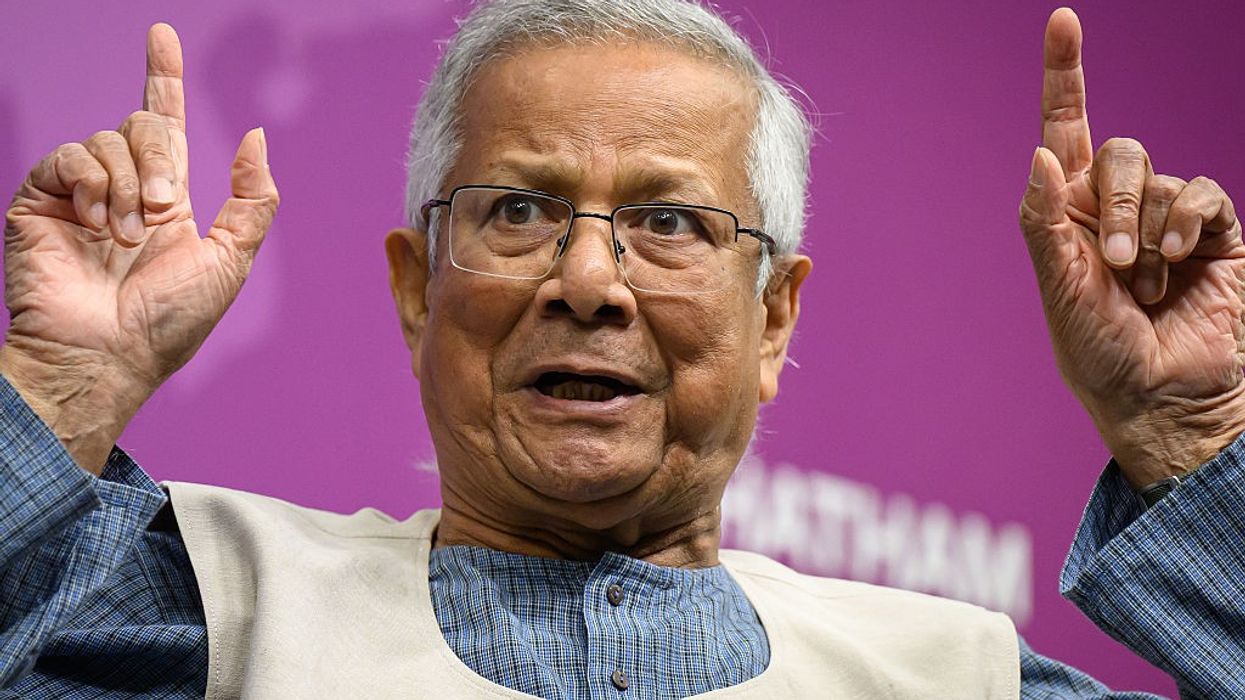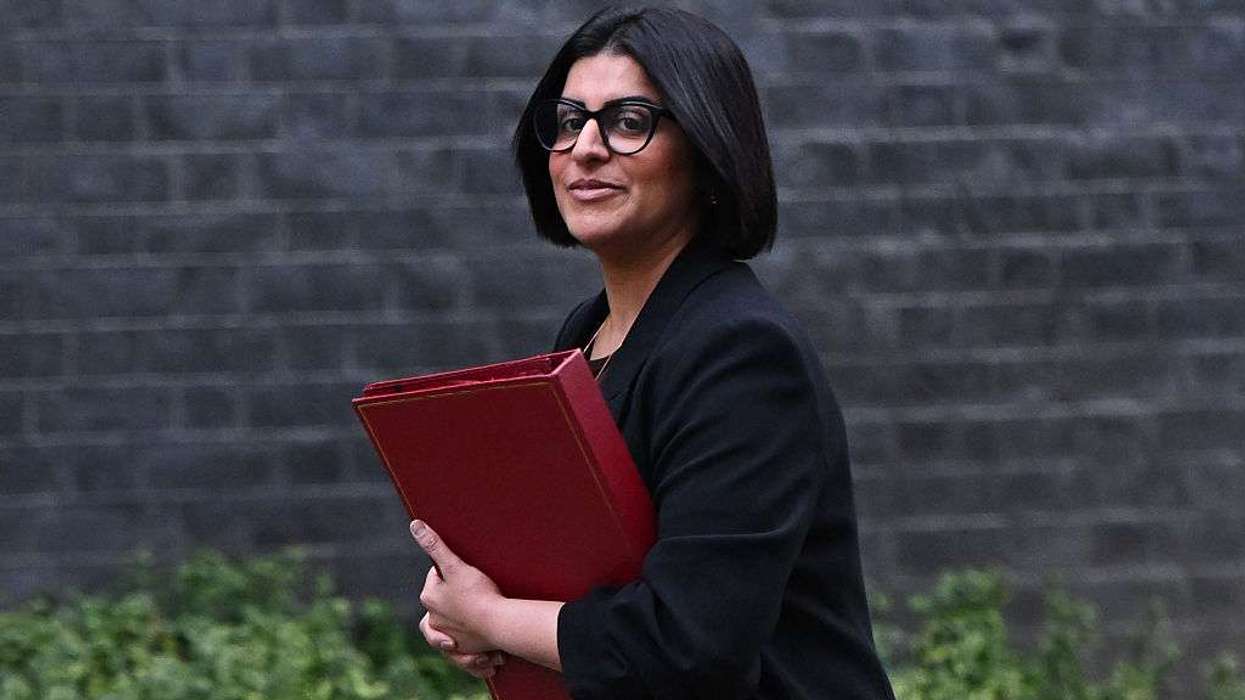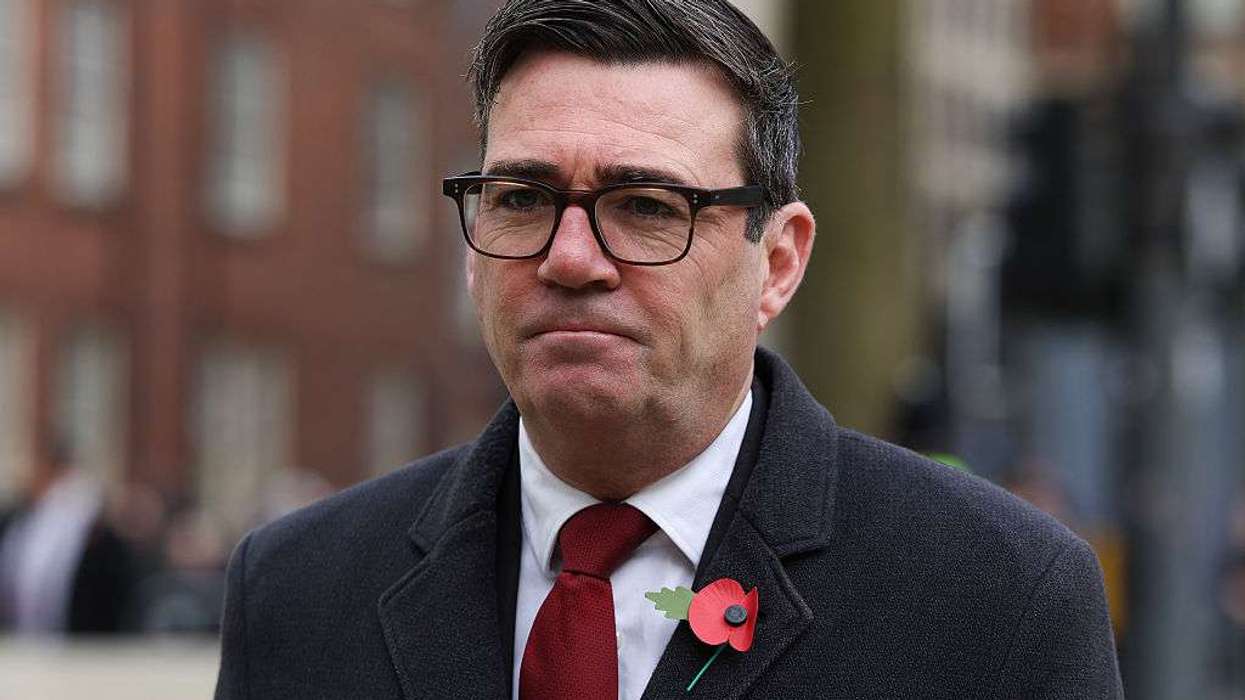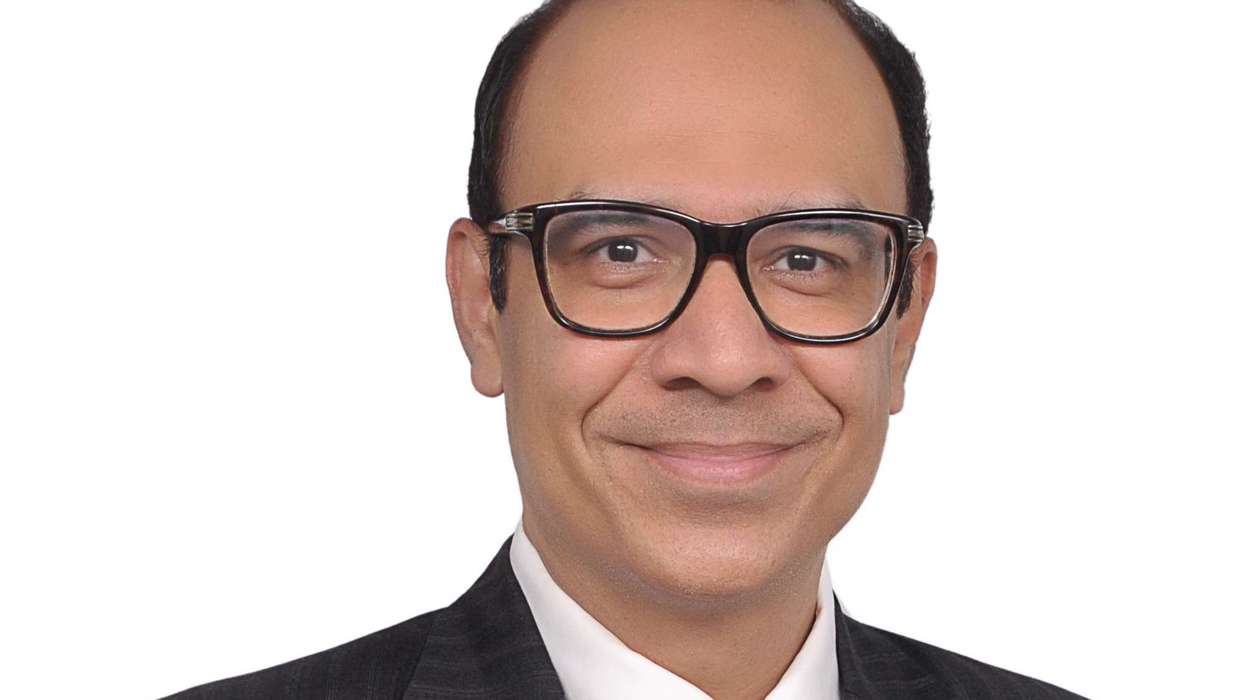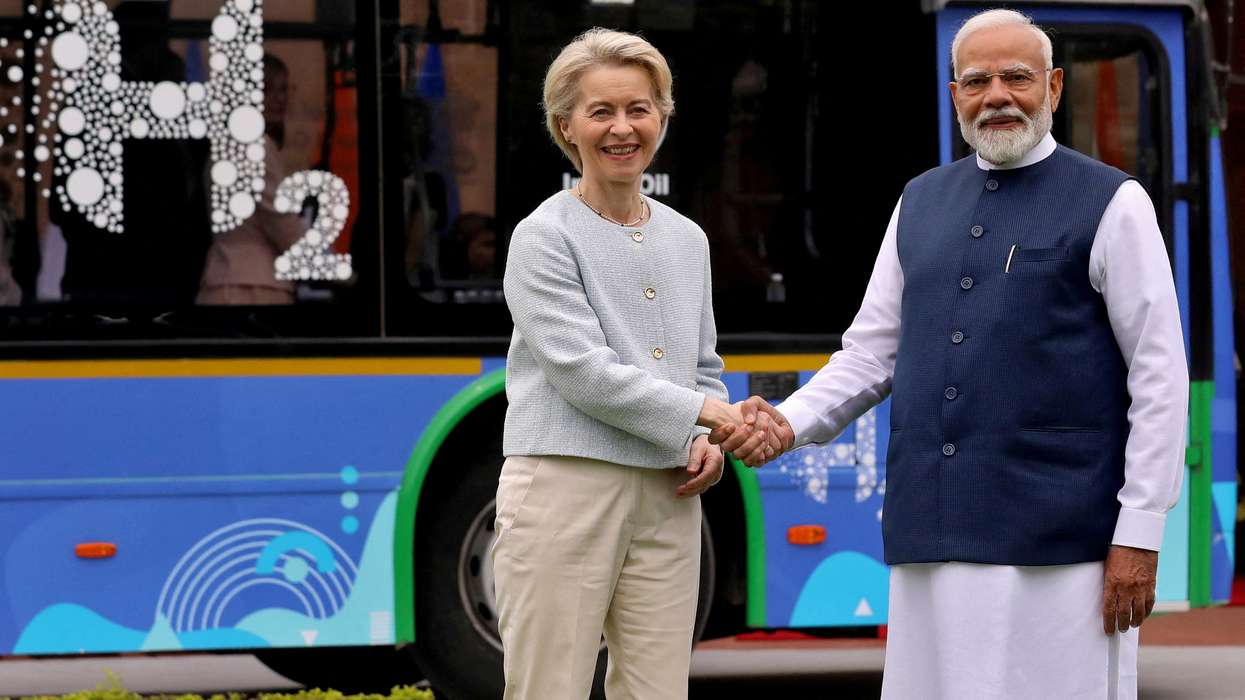BANGLADESH's interim leader Muhammad Yunus has drawn criticism from two of his government’s major allies after holding a meeting with Bangladesh Nationalist Party (BNP) acting chairman Tarique Rahman in London.
The student-led National Citizen Party (NCP) and Jamaat-e-Islami have both accused Yunus of favouring a particular party, raising concerns over the neutrality of the upcoming elections.
Yunus, who returned to Dhaka on Saturday (14) after a four-day trip to London, met Rahman, the son of former prime minister Khaleda Zia and current acting chairman of BNP, during his visit.
Following the meeting, BNP leader Amir Kharsu Mahmud Chowdhury and Yunus' security adviser Khalilur Rahman held a joint press briefing, suggesting that elections might be held in February next year. This sparked immediate reactions from his allies back home.
Both Jamaat and the NCP have strongly criticised the meeting, calling it a clear sign of bias. The BNP remains the main rival of Sheikh Hasina's Awami League, which was ousted last year following student-led protests.
In a statement on Saturday, Jamaat called the joint press briefing a "breach of political norms" and accused Yunus of undermining his impartiality. "Through this, he has expressed special affection for a party (BNP), which has undermined his impartiality," the statement said. Jamaat also criticised Yunus for discussing election dates abroad rather than consulting all parties upon his return.
The NCP, which emerged as a political force following the student uprising that toppled Hasina’s government, voiced similar concerns. In its statement, the NCP said: “The people will not accept any election date before the implementation of the proposed July Charter.”
The party argued that the meeting focused mainly on setting an election date rather than addressing the people’s main demands for justice and reforms. “The NCP finds this very disappointing,” it added.
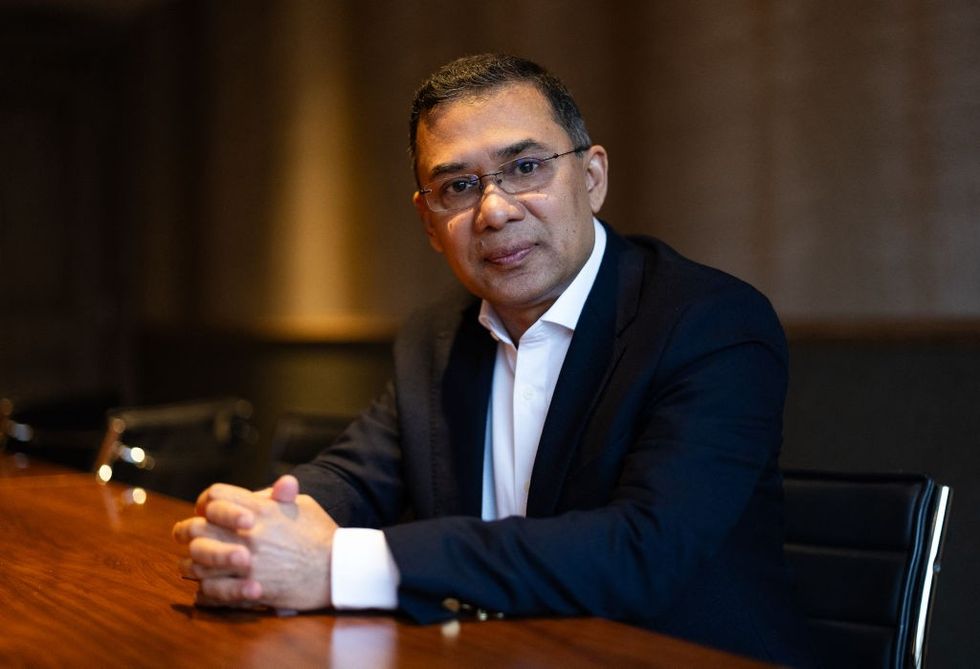
Yunus’ interim government has faced pressure from several political parties, including the BNP, to hold elections as soon as possible. Initially, Yunus had announced that elections would be held between December 2024 and June 2025, depending on the progress of reforms and trials of former Awami League leaders. However, under continued pressure, he recently suggested that polls could be held in April 2025.
During the London meeting, BNP leaders pushed for an earlier date, proposing elections before the start of Ramadan in mid-February. Khalilur Rahman, a senior figure in Yunus' government, indicated that this might be possible if significant progress was made on reforms and trials. BNP leader Amir Khasru Mahmud Chowdhury also expressed hope that a consensus could soon be reached.
Jamaat’s statement further warned that Yunus' actions could raise doubts among the public about the fairness of the upcoming elections. “It is morally inappropriate for Yunus, as head of the interim government, to hold a joint press briefing with a single party,” the party said.
The NCP also stressed that Yunus’ government appeared to be giving priority to one party’s demands, warning that an election without a clear reform roadmap could turn the people’s uprising into a mere power transfer. “We believe that holding the National Assembly elections without implementing the July Charter will suppress the people’s desire for state building,” its statement said.
Yunus, who took charge after Hasina fled to India in August last year, has previously said he does not intend to remain in power long term.
(Agencies)
